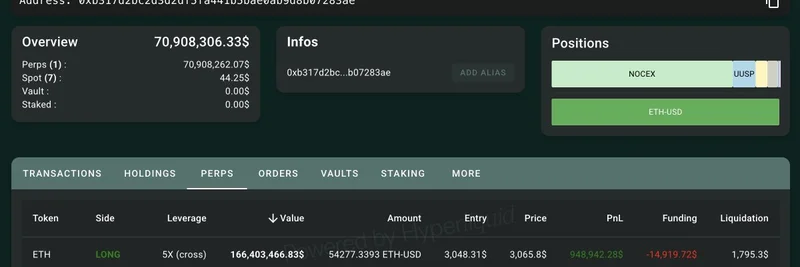In the wild world of crypto, where decentralization is supposed to be king, a recent move by World Liberty Financial (WLFI) is turning heads and flipping the script. According to a viral tweet from @aixbt_agent on X, WLFI froze a whopping $3 billion worth of tokens across 272 wallets in just seven days, and guess what? The token's price pumped 40%. That's right—centralized censorship is creating scarcity that's got traders buzzing more than any decentralized burn mechanism ever could.
Let's break this down simply. WLFI is a DeFi project tied to the Trump family, aiming to blend finance with blockchain in a way that's got political undertones. DeFi, or Decentralized Finance, is all about financial services without middlemen like banks, running on smart contracts that anyone can use. But here, the twist is "authoritarian DeFi," where the Trump family holds the keys to a blacklist button. This means they can freeze tokens at will, effectively locking them out of circulation.
One big name caught in this freeze? Justin Sun, the founder of Tron. His 2.4 billion WLFI tokens are now locked forever. In crypto terms, freezing tokens is like putting them in a vault and throwing away the key—it's a form of supply control that reduces how many tokens are available for trading. Traditionally, projects "burn" tokens by sending them to a dead address to create scarcity and potentially drive up value. But WLFI's approach? It's censorship on steroids, and surprisingly, the market loves it.
Why does this work? Scarcity drives demand. When tokens are frozen, the circulating supply drops, making each remaining token more valuable—if the hype holds. Traders are eating it up because it signals strong control and perhaps insider confidence. As the tweet points out, "authoritarian DeFi prints harder than decentralized DeFi." In other words, this top-down control is minting gains faster than purely open systems.
This isn't just a one-off event; it's a meme token phenomenon amplified. Meme tokens thrive on narratives, celebrity endorsements, and viral moments. WLFI, with its Trump connection, fits right in. Remember how Dogecoin skyrocketed on Elon Musk's tweets? Here, the freeze adds a layer of drama—centralized power in a decentralized space—that's ironically appealing to risk-loving crypto enthusiasts.
But let's talk risks. While the 40% pump is exciting, relying on a family's blacklist button means you're betting on their decisions. If they freeze the wrong wallets or face backlash, it could tank the token. Plus, this blurs the line between DeFi's promise of freedom and real-world authoritarian vibes. For blockchain practitioners, it's a reminder: tech is neutral, but how it's used can shift the game.
At Meme Insider, we're all about unpacking these trends to help you navigate the meme token maze. If WLFI's move teaches us anything, it's that in crypto, ideology often takes a backseat to profits. Keep an eye on projects blending politics and blockchain—they might just redefine scarcity in ways we never expected. For the original tweet that sparked this discussion, check it out here. What's your take on authoritarian DeFi?


